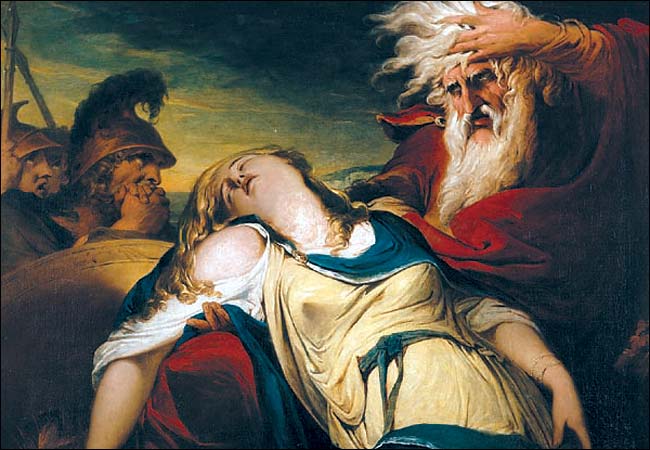Frankenstein as a Romatic Hero
 Frankenstein, then, acts as a Romantic Hero, who is rejected by his own creator and by the whole society, as if he were a plague to be extinguished. Then, being considered a ‘Monster’ for his terrible appearance, he becomes and “outsider”, isolated from society, and eventually can find his connection with nature when he finds himself surrounded by a forest, in complete isolation.
Frankenstein, then, acts as a Romantic Hero, who is rejected by his own creator and by the whole society, as if he were a plague to be extinguished. Then, being considered a ‘Monster’ for his terrible appearance, he becomes and “outsider”, isolated from society, and eventually can find his connection with nature when he finds himself surrounded by a forest, in complete isolation. In this part of the text, we find the reflex of a crucial aspect of that period: Society corrupts people whereas Nature does not. So, Frankenstein, while he is in the forest, does not corrupt himself. He actually finds a reason to live, as he meets a family living in a house the forest, which he starts observing from a vantage point. This observation gives him clues about the way people act, which ends up with a Frankenstein learning to speak and read. At first, he only realized he wanted to be part of a family, so he started helping them in the fashion he could. Moreover, by contrasting the way people live and his progresses in reading, he got to know how he was created, as he had a book containing the chronicles of the experiments that lead to his creation. The reading, though, makes him lose his emergent faith in humanity. Therefore, he goes against Victor to take revenge, and in seek of getting a life as any other being. After these and some other events, the family expels the monster once they have found out about his existence. It is important to consider his dream of sharing his life with another sensitive and sensible being like himself.
His thoughts were so strong that they drove him to kill people to carry out his wish. Finally, Elizabeth, another creation of Dr. Frankenstein, is destroyed, which means that our Hero is not able to achieve his dream of being loved, which makes him hopeless. Moreover, he becomes disenchanted about life, a main characteristic of a Romantic Hero.
The only place that may receive him is the North Pole, where nobody dwells, where he can be sure no one will see him again.
This character embodies many interesting features, due to his amazing nature, but he clearly represents the feeling of a period in which the dreams and views of the human condition are hopelessly unachievable.





